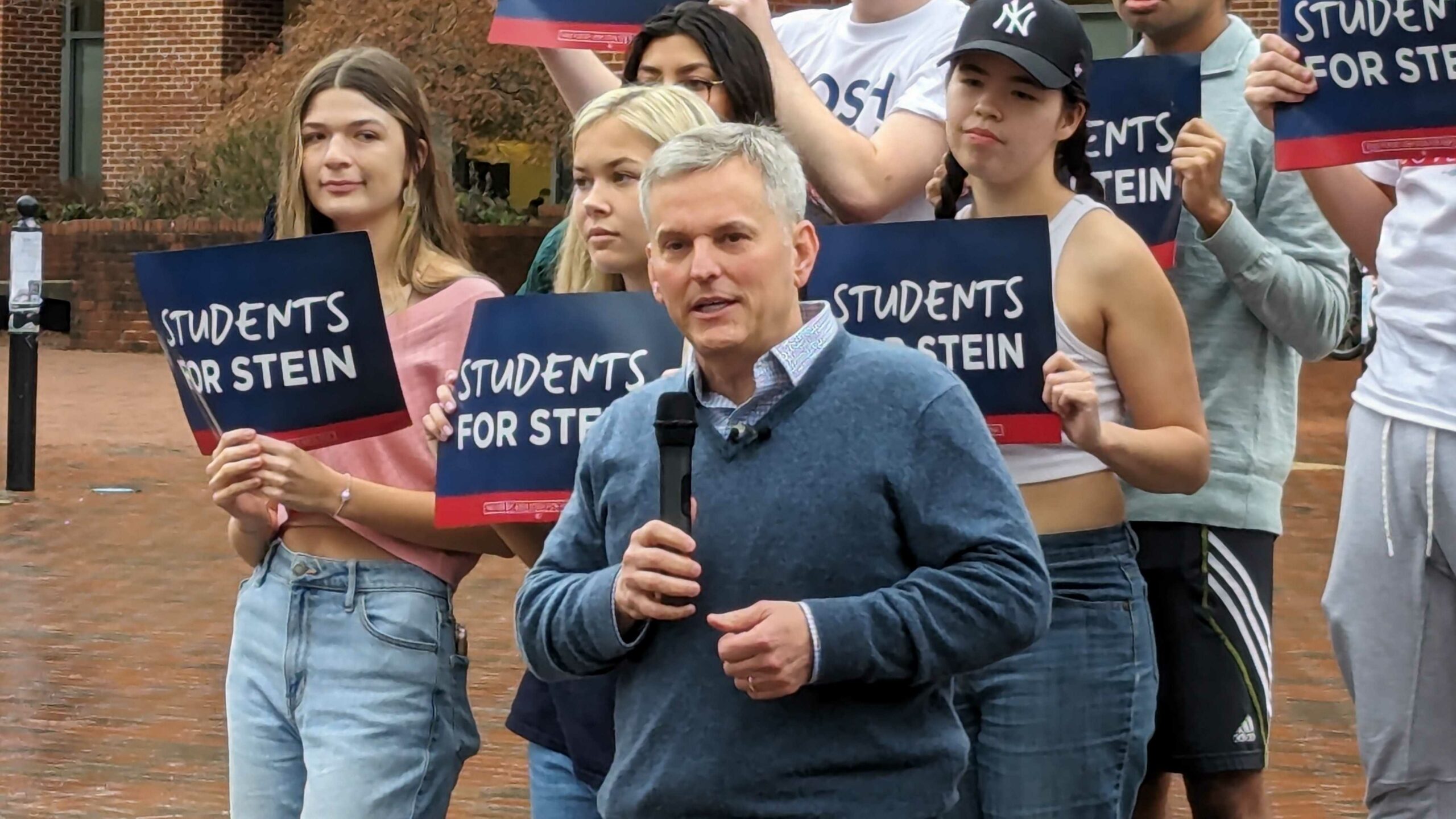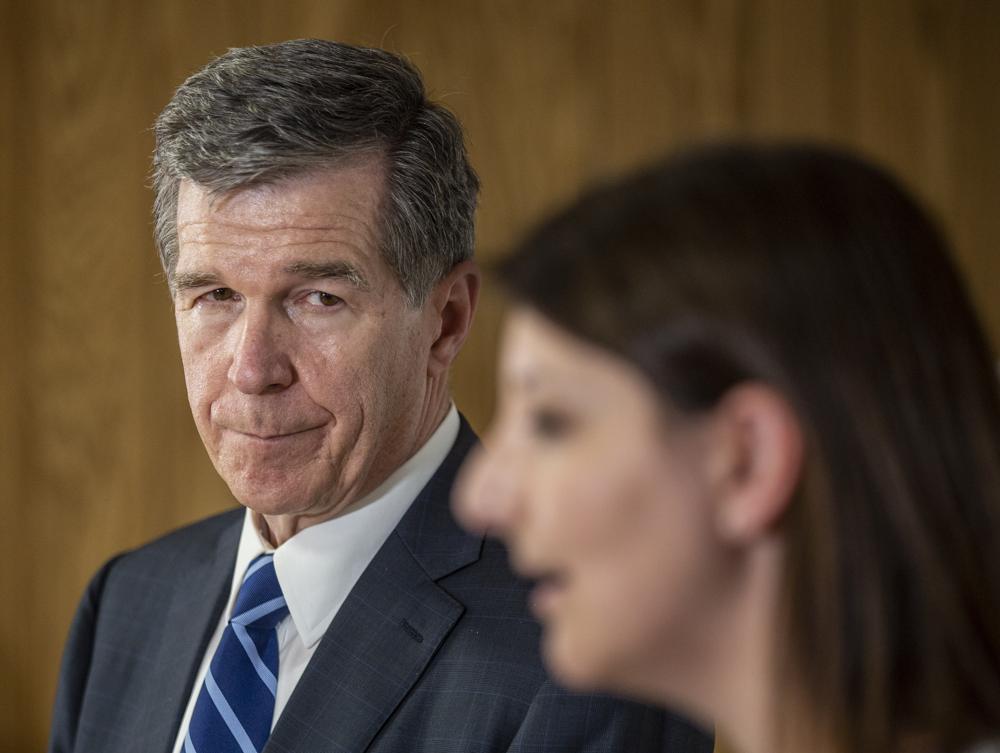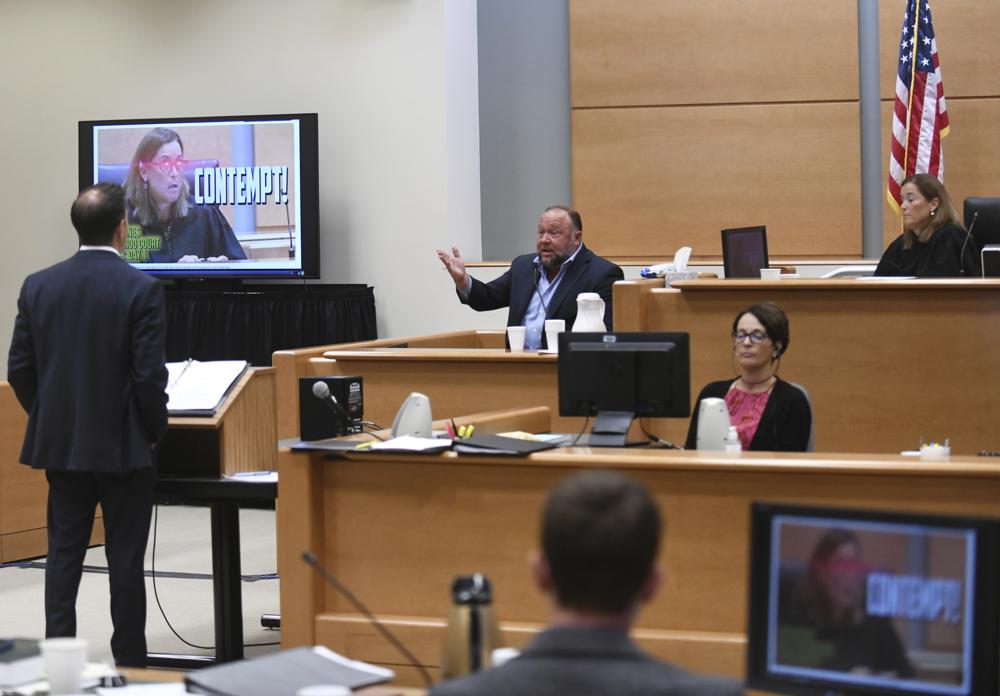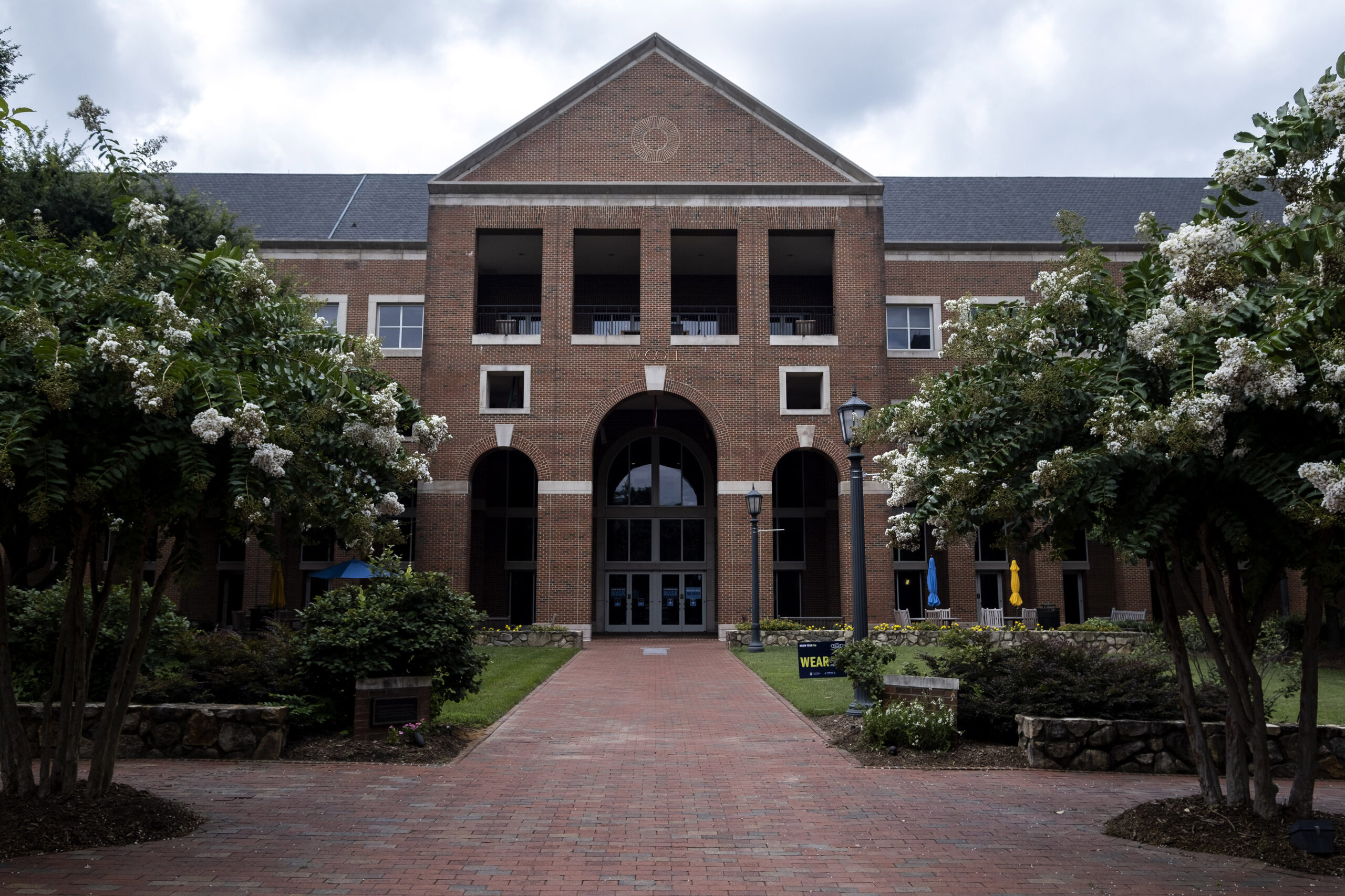As the U.S. Supreme Court examines race-conscious admission practices at UNC, four North Carolina governors submitted a brief in support of the university and its practices.
Current Governor Roy Cooper, as well as former Governors Mike Easley, Bev Purdue and Jim Hunt filed the amicus brief for an ongoing lawsuit against UNC that will see the Supreme Court consider the future of affirmative action and race-based considerations for college admissions. The group said such elements in admissions are important to make universities more representative of their states and to create more diverse public servants.
“North Carolina’s reputation as “the education state,”’ the brief says, “requires nothing less than a system of public education — including higher education — that values, supports, and mirrors the great diversity of the State and provides equal opportunity to all to pursue their dreams.”
“Our public universities are the training grounds for our state workforce and the next generation of state leaders and government works better when it looks like the people it represents,” Governor Cooper said in a release announcing the brief. “It is critical for states across the South, including North Carolina, to continue to close the education gap. Our public universities are the training grounds and foundation for our state’s workforce and the next generation of state leaders.”
In addition to the North Carolina governors, current Louisiana Governor John Bel Edwards, former South Carolina Governors Richard Riley and Jim Hodges, former Mississippi Governor Ray Mabus, former Georgia Governor Roy Barnes and former Virginia Governor Terry McAuliffe signed onto the amicus brief.
The private organization Students for Fair Admissions, which has long sought to overturn federal precedent allowing racial considerations in the name of diversity, sued UNC in 2014. It argued the university weighed race too heavily as an admissions factor, saying UNC “intentionally discriminated” against applicants based on their “race, color, or ethnicity.” Last October, U.S. District Court Judge Loretta Biggs ruled in favor of the flagship university, saying UNC “met its burden in demonstrating that it has a genuine and compelling interest in achieving the educational benefits of diversity.”

UNC says its undergraduate admissions process does not treat race “as a dominant or defining feature.”
Students for Fair Admissions then appealed the decision. While the organization angled to have its case against UNC considered in junction with its ongoing case against Harvard University, the Supreme Court said in July it would consider the cases separately.
UNC filed its own response brief for the U.S. Supreme Court case in late July, saying the university “does not discriminate in admissions against any applicant or group or use quotas or formulas” and instead takes a holistic approach with dozens of factors for consideration. The school updates a website dedicated to outlining its response to the lawsuit, factchecking claims and detailing its additional race-neutral strategies to help with admissions.
“Carolina is passionately public, and we’re proud to be one of the few flagship universities to practice need-blind admissions and provide low-debt, full-need student aid,” UNC Chancellor Kevin Guskiewicz wrote in a release on July 25. “Our approach to admissions serves the University’s mission and reflects our core values. Every student earns their place at Carolina.”
“As a faculty member here for over 27 years,” the chancellor added, “I have witnessed firsthand the value of our holistic admissions process. Each year, we welcome bright and talented new Tar Heels from a variety of backgrounds and with different lived experiences. Their interactions with others who have a wide range of experiences are vital to their education and to their life success after graduation.”
No date is set yet for oral arguments in Students for Fair Admissions, Inc. v. University of North Carolina, but they are planned for the fall and justices will announce a decision in 2023.
Photo via Ethan Hyman/The News & Observer.
Chapelboro.com does not charge subscription fees, and you can directly support our efforts in local journalism here. Want more of what you see on Chapelboro? Let us bring free local news and community information to you by signing up for our biweekly newsletter.











